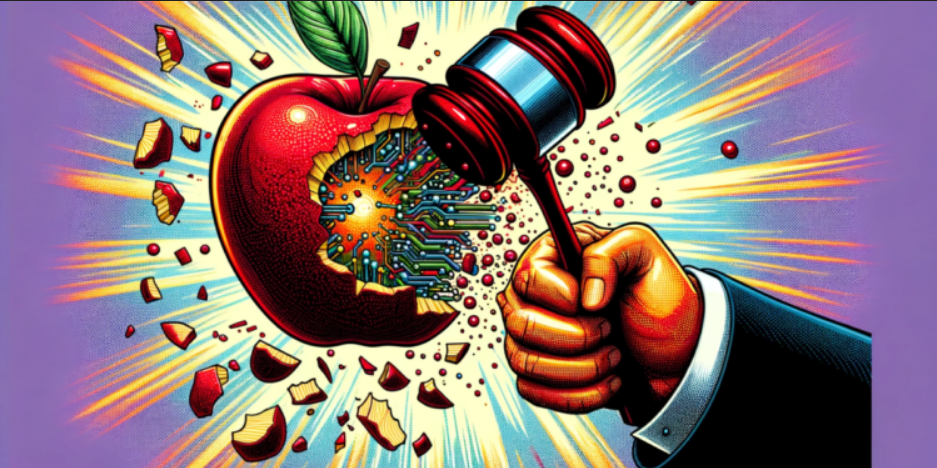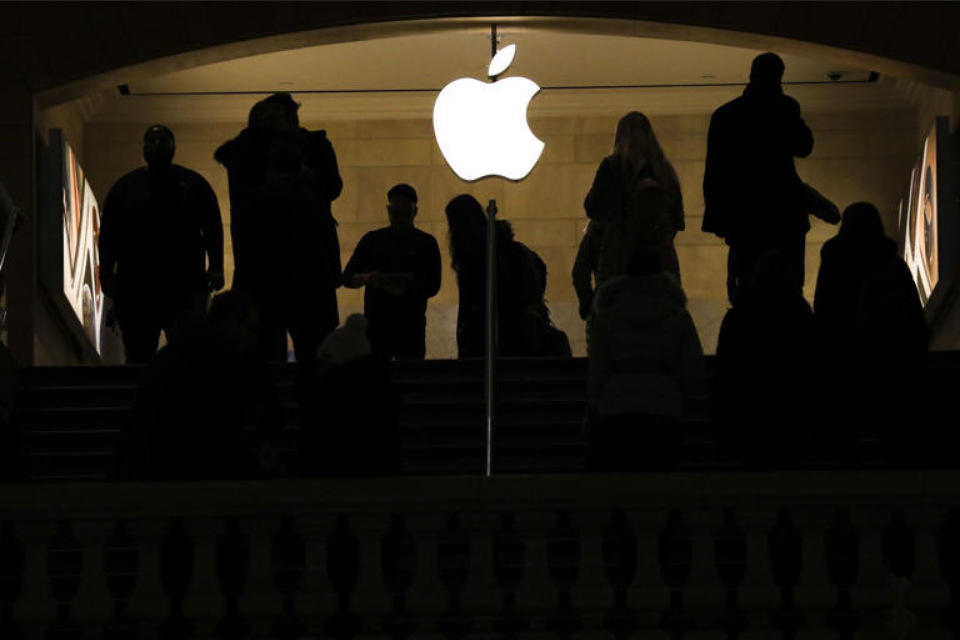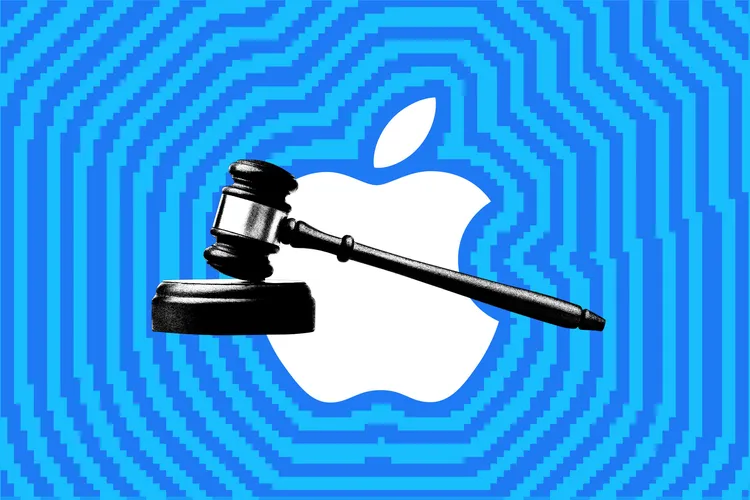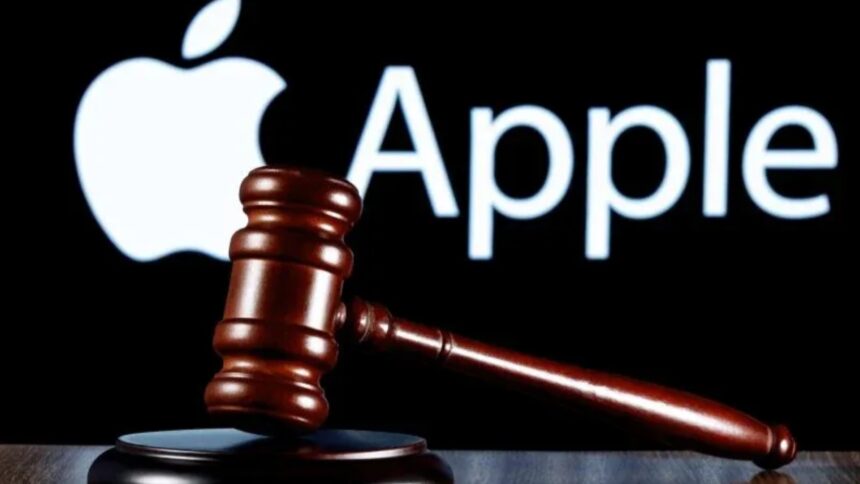The U.S. Department of Justice (DOJ), supported by 16 state and district attorneys general, has filed a comprehensive antitrust lawsuit against Apple. This significant legal move challenges many aspects of how Apple controls its iPhone ecosystem, alleging that the tech giant has maintained an illegal monopoly in the smartphone market. The lawsuit claims that Apple’s practices not only elevate prices for consumers and developers but also increase users’ dependency on its products, thereby stifling competition.

According to the DOJ, Apple is accused of employing restrictive contractual measures with developers and deliberately limiting access to critical phone functionalities, all in an effort to curb competitive threats. The government’s press release points out, “Apple exercises its monopoly power to extract more money from consumers, developers, content creators, artists, publishers, small businesses, and merchants, among others.”
The DOJ’s accusations against Apple include a variety of alleged anticompetitive practices:
- Thwarting the development of “super apps” that could potentially reduce the “iOS stickiness” and make it easier for users to switch to rival platforms.
- Prohibiting cloud-streaming apps for services like video games, which could diminish the demand for more costly hardware.
- Degrading the quality of messaging between iPhones and competing Android devices.
- Restricting the functionality of third-party smartwatches and hindering Apple Watch users from switching away from iPhones due to compatibility issues.
- Preventing third-party developers from offering competing digital wallets with tap-to-pay functionality on the iPhone.
DOJ Antitrust Division Chief Jonathan Kanter described Apple’s strategy as a series of ‘Whac-A-Mole‘ contractual rules and restrictions designed to suppress competition and extract higher fees from various stakeholders. The lawsuit has been filed in the US District Court for the District of New Jersey, with support from a broad coalition of attorneys general from states including New Jersey, Arizona, California, and New York, among others.

The legal action seeks to prohibit Apple from leveraging its control over app distribution to suppress competition in areas such as super apps, cloud streaming services, and cross-platform technologies like messaging and digital wallets. Additionally, it aims to prevent Apple from using its contractual agreements to maintain or extend its monopoly power.
At a press conference, DOJ Deputy Attorney General Lisa Monaco criticized Apple for its monopolistic practices, suggesting the company has hindered industry innovation. Echoing this sentiment, U.S. Attorney General Merrick Garland emphasized the importance of the government’s role in safeguarding the economy and consumers from such monopolistic harm, especially given the resource disparity between the government and a trillion-dollar company like Apple.
In response, Apple spokesperson Fred Sainz defended the company, arguing that the lawsuit misconstrues Apple’s role in the tech ecosystem and could potentially stifle its ability to innovate. Sainz warned of a dangerous precedent that could result from government overreach into technological design and innovation.

This lawsuit against Apple follows a series of actions by the DOJ against other tech giants, including Google, indicating a renewed focus on antitrust enforcement in the tech industry. The complaint builds on longstanding grievances from app developers regarding Apple’s control over the iOS app marketplace and the fees imposed on developers, as well as concerns over Apple’s competitive practices highlighted in previous legislative investigations.
The case represents a significant moment in the ongoing debate over the power and influence of major technology companies, with potential implications for how digital marketplaces and platforms operate in the future.







